The requirement for fodder has dropped off with improving weather but some co-ops are still trading small quantities. In the region of 40,000t of fodder was traded through co-ops in April.
Dairygold sourced 7,000t of fodder with the final loads being delivered this week. It imported over 330 loads of fodder in the last five weeks for 1,200 members.
All consignments of Alfalfa hay sourced in Spain by Glanbia have been fully allocated and no further imports of fodder are planned. Glanbia said it sourced and allocated almost 20,000t of silage for 1,000 customers.
Lakeland Dairies sourced 4,000t of fodder for its farmers and said it expects demand to more or less cease next week.
Aurivo also reports less demand compared to the last four weeks but said that April feed sales were 72% ahead of last year.
Lakeland feed sales were up 45%, while Glanbia and Dairygold say there are returning to normal levels.
The domestic and imported fodder transport support measures have been extended by a week to Monday 7 May.
“The biggest concern is credit going forward,” said IFA Connacht chair Padraic Joyce.
“Grass growth hasn’t come yet and the biggest problem is paying for the fodder farmers have bought.”
Similarly, Munster IFA chair John Coughlan said that some cows were re-housed in Cork after the rain on Monday.
“When cows are in on the first of May in Cork you’re in trouble,” he said. “We’ve been liming cubicles from October to May.”
Breeding
Vets and AI practitioners are reporting a knock-on effect on the breeding season.
“A lot of cows are thinner than they would be in other years, so they’re slower coming back in heat,” one Roscommon vet said.
The fodder crisis in the spring of 2013 contributed to a 25% drop in suckler cow calvings in February and March 2014. Dairy cow calvings by the end of March 2014 were 2.5% behind, just 13 months before the abolition of the quota.
“It’s not about this year, it’s about next year,” a Munster-based AI man said.
“Farmers with their head in the sand are in trouble. Compared to most years overall cow condition is poorer.”
Fodder transport scheme county-by-county breakdown
From the tramlines: growers catching up with spring planting




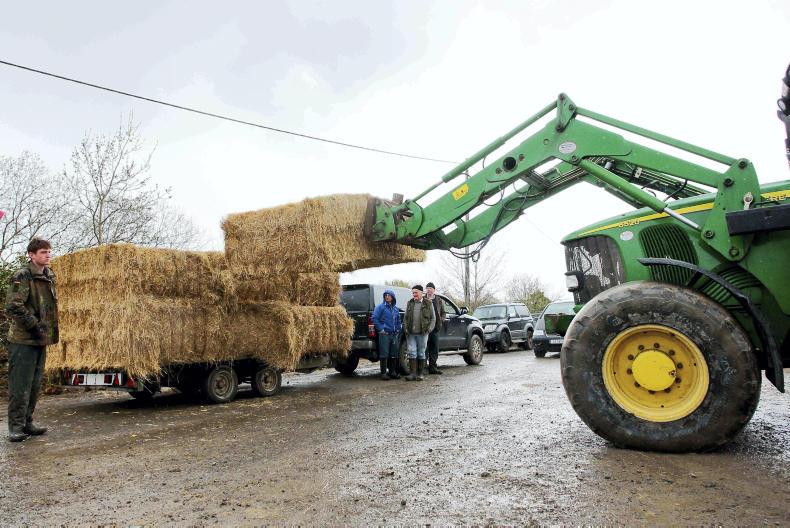
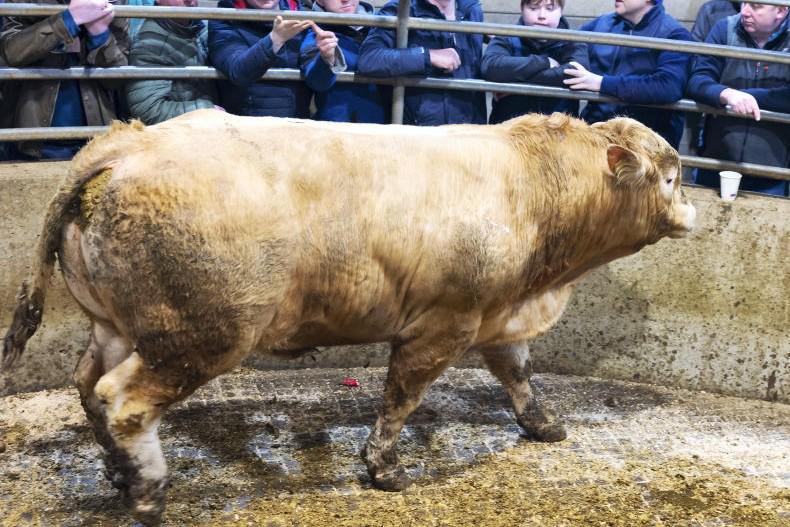

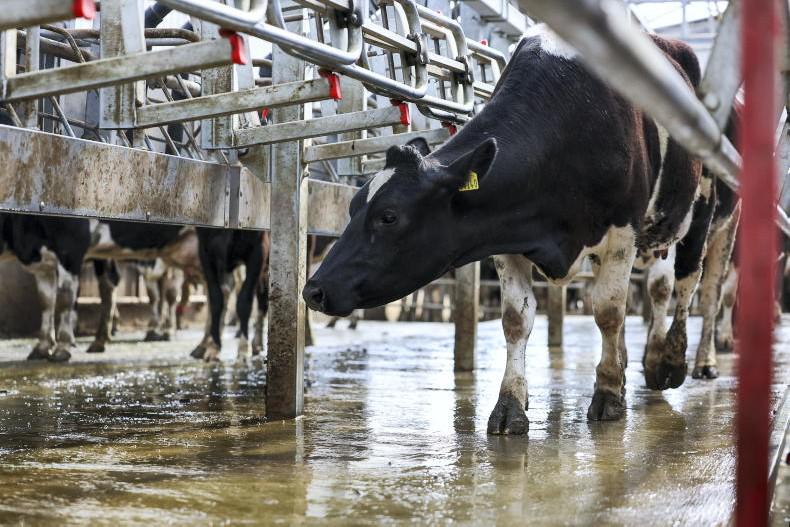
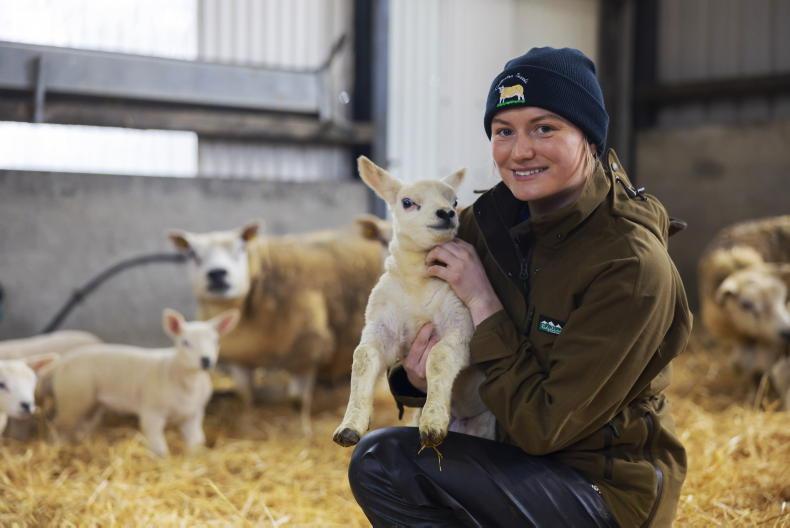
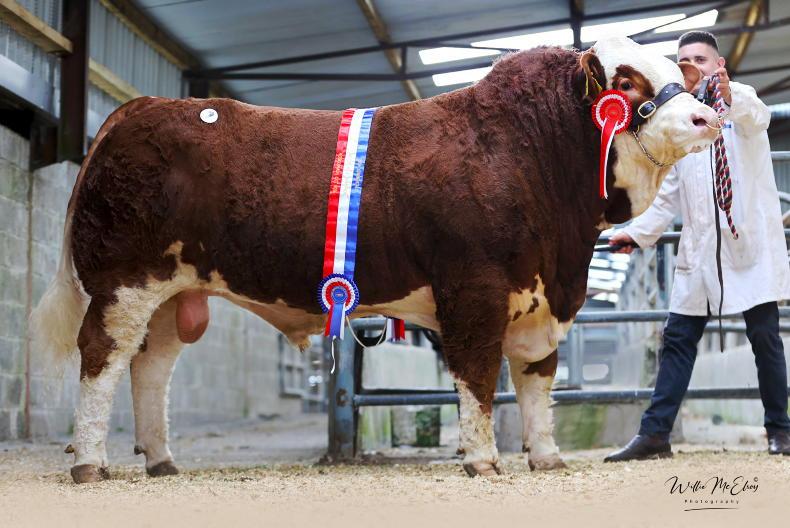
SHARING OPTIONS